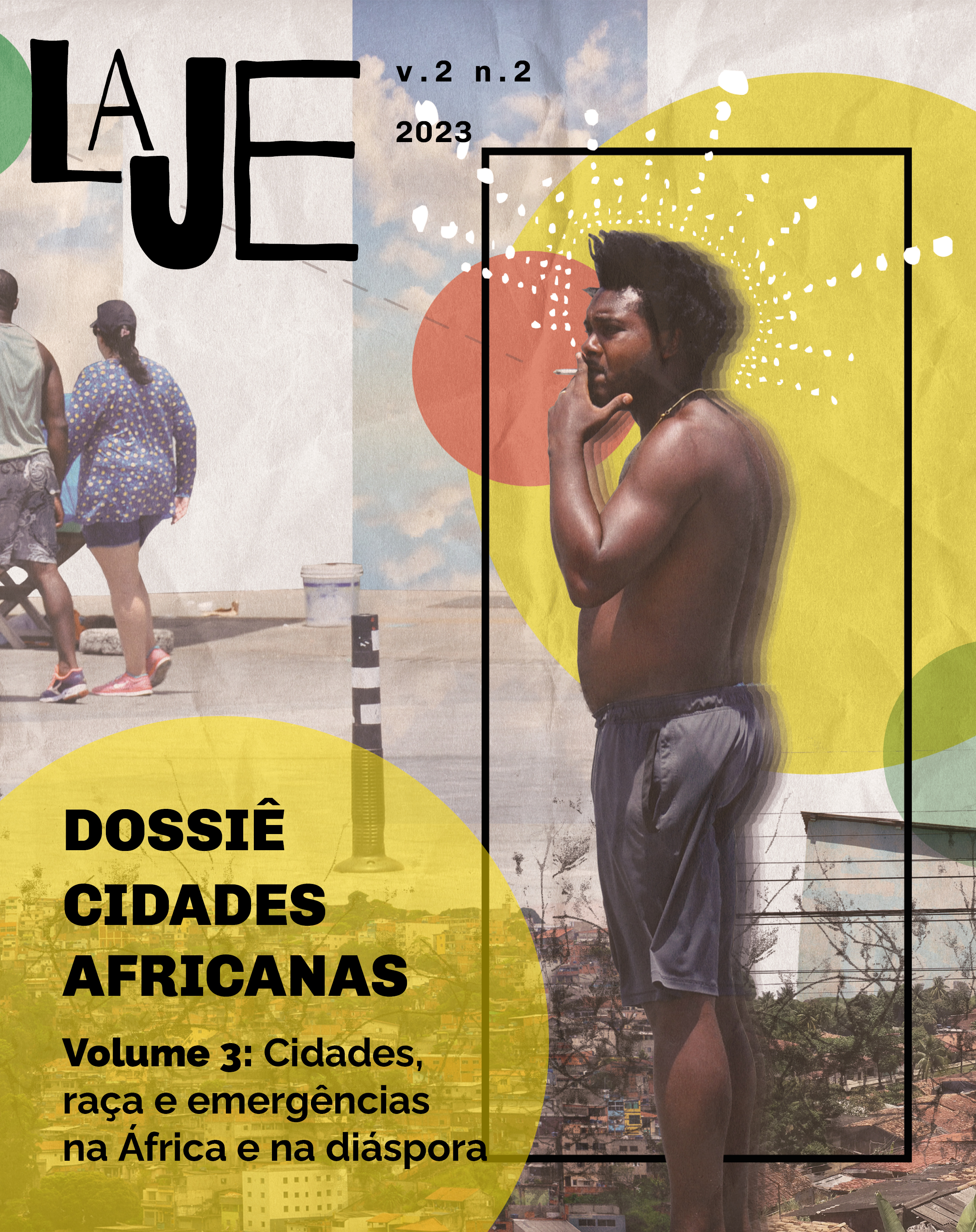Black neighborhood and the game of Mancala at school
DOI:
https://doi.org/10.9771/lj.v2i0.58337Keywords:
Afroetnomathematics, mathematical education, Mancala games, black neighborhoods, africanityAbstract
The historical moment of Brazilian education involves reforms related to the common national curriculum and the inclusion of African and Afro-descendant history and culture in education. These are new challenges for educational changes. Both normative propositions in education imply a process of contextualization and territorialization of curricula, pedagogical political projects, and classroom practices. The concept of black neighborhoods is an urbanistic concept that involves recognizing the participation of black populations in the city's production, as specific populations with African-based culture and experiencing the conditions of structural racism. This concept was appropriated by the pedagogical process of the Municipal Elementary School Prof. Antônio Duarte de Almeida, located in a neighborhood where the majority of the population is black, in São Paulo. Among the various difficulties in Brazilian education, one of them is in the teaching of mathematics, especially for black populations, due to the results of racist ideologies internalized in the black population. The use of the Mancala game was employed as part of the pedagogical proposal for teaching mathematics, which yielded positive results. This article proposes an overview of the pedagogical process employed, contributing to Brazilian education in the context of current challenges.


